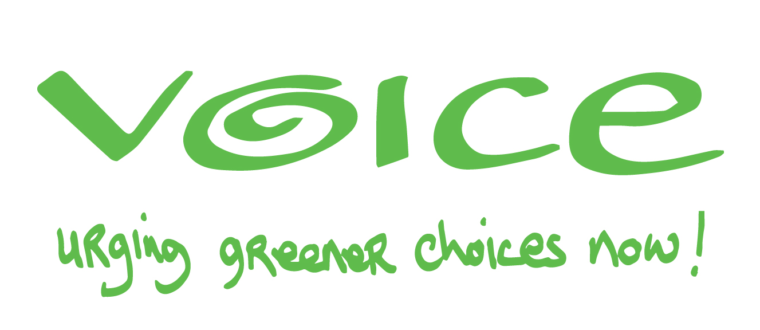
Colin O’Byrne
Colin O’Byrne, Project Manager with VOICE (Voice of Irish Concern for the Environment) sent ECI this article:
Those of us of a certain age might well remember long days spent collecting cans or bottles from gutters and hedgerows, shoving them in a bag and, with ne’ery a care for the dirt on our hands and clothes, heading off to the shop to barter our loot for enough coins to expedite the ruin of our teeth through some sweet treat. Indeed, as the years and wealth accumulated (notwithstanding the necessary pay out to expectant, local dentists), some of us may even have travelled to distant shores and have seen this very system still very much in play as we buy our freshly baked morning pastries. It is only then that the thought might occur – why have we stopped doing that in Ireland? Also – why can’t I get croissants like this at home?! – but that’s scéal eile.
Cast your mind back to 2002 when Ireland became the first country to impose a plastic bag levy. For an initial (and relatively paltry) cost of 15 cent per plastic bag at point of sale, the impact was immense. In fact, according to the Institute for European Environmental Policy, discarded plastic bags went from constituting 5% of our litter pollution in 2001 to 0.13% in 2015! In addition, not only did this levy have a serious impact on the amount of plastic bags literally flying about the place, it also instigated a mental shift whereby people began to think more critically about how their actions impacted on their local environment and how the choices that they made could make a difference, for good or for ill.
Roll on to 2020 and a new coalition is governing Ireland and part of their Programme for Government includes the introduction of a Deposit Return Scheme (DRS). What is a DRS, I hear some of you ask. Put simply, it means that a small deposit – say for example, 0.15 cent – is put on each plastic bottle and can. Now that this bottle or can is ‘worth’ something, the thinking goes that the person will be inclined to return the item to their local collection point and recoup their deposit. When does waste stop being waste? When it’s money in your pocket instead of litter on the ground!
This article hardly needs to touch upon the unmitigated shame and global scale of plastic pollution. One of the weapons in our armoury against this kind of pollution involves recovering as close to 100% of plastic waste as possible, thereby keeping it in the loop. Another avenue is through legislation and the EU’s Single Use Plastic Directive mandates that member states agree to achieve 90% collection rate for plastic bottles by the close of 2029. As results in other countries has shown, a successfully implemented DRS will as good as guarantee that upwards of 90% plastic bottles will be recovered; for example, industry reports suggest that Germany enjoys a return rate of 96%.
This isn’t reinventing the wheel nor does it require seismic societal shifts. Rather, it’s the want of a system which adds value to ‘waste’, thereby incentivising its collection on a grand scale. DRS’s have been successfully rolled out in 10 countries across Europe so far and others are in the process of doing so – there is no reason why the same can’t be done here! Remember, with the plastic bag levy, we’ve shown the world that we can lead the way in the fight against litter and waste but we can’t let that be the end of our efforts. It won’t cure all of our ills but a DRS can be a powerful step forward in our necessary fight against waste.
VOICE is looking for your support as we seek to maintain pressure on the Government to make good on their commitment to introduce a DRS in Ireland. The addition of your voice or that of your organisation will be invaluable to our efforts in this regard. Please feel free to contact Colin O’Byrne ([email protected]) if you would like to get involved or would like more information on a DRS and how it can work for your community.
